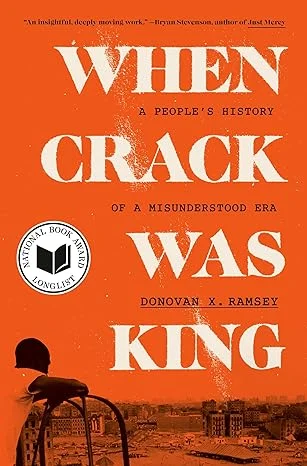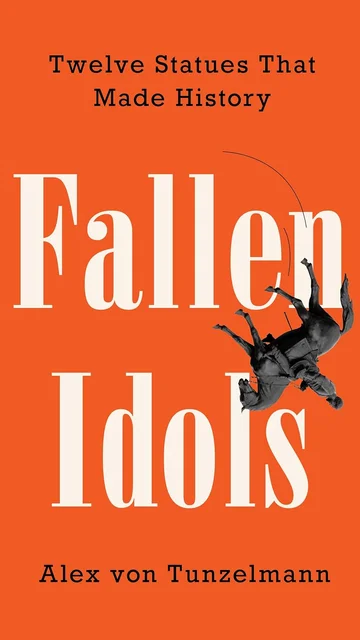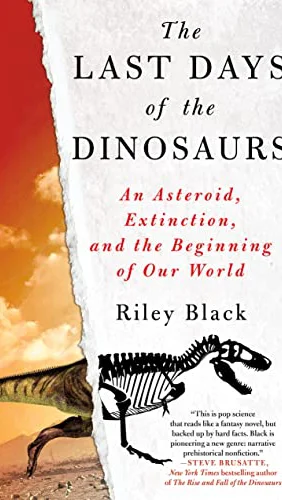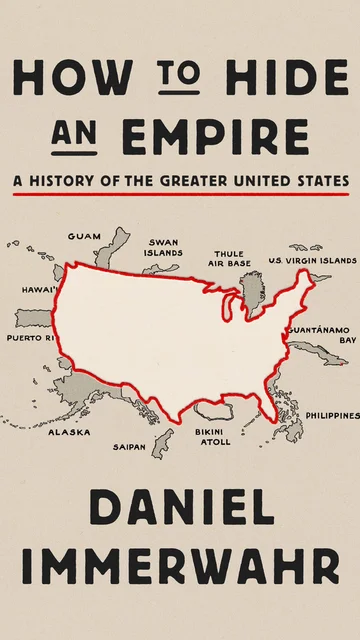
When Crack Was King: A People's History of a Misunderstood Era
Donovan Ramsey
The United States’ crack epidemic of the 1980s and 90s was undeniably a period of great suffering and loss, as communities were ravaged by the drug and violence surrounding its sale. This crisis had profound impacts not only on our education, judicial, child welfare, and political systems, but it also created a resounding wave in popular culture. Derogatory terms like “crackhead” and “crack baby” entered mainstream parlance, where they remain a fixture to this day. TV shows, films, and music both portraying and responding to the crack epidemic abound. In his 2023 book, "When Crack Was King: A People’s History of a Misunderstood Era," journalist Donovan X. Ramsey dives deep into the crack epidemic from all these angles and more, exploring the social and political histories surrounding the drug and the fraught years of its boom in US cities. Ramsey couples meticulous macro-level research with intimate personal stories, truly weaving together a people’s history of this complicated moment in our history.
"When Crack Was King" is unique in both its content and form. Despite its far-reaching impact on American life, the crack epidemic has received relatively little academic exploration; Ramsey calls it “arguably the least examined crisis in American history.” The author draws from an impressively diverse set of sources to understand the crack era, from interviews to newspaper archives, drug use statistics to The Wire and Notorious B.I.G. tracks.
The book is structured around the lives of four individuals touched in some way by crack. Lennie Woodley, now a substance use counselor in Los Angeles, grew up in an abusive home and spent three decades in the grip of crack addiction. Elgin Swift spent much of his youth in Yonkers struggling to cope with his father’s crack addiction, turning briefly to dealing crack, desperate to climb out of the poverty and chaos that surrounded him. Kurt Schmoke served as the mayor of Baltimore from 1987-1999 as addiction and violence soared, advocating for a more humane approach to combat the crack epidemic than the solutions prescribed by Washington’s War on Drugs. Shawn McCray was a founding member of Newark’s infamous drug trafficking group the Zoo Crew, but eventually found his calling as a basketball coach, activist, and mentor for the young men of his community. Through all of these stories, Ramsey shows the human face at the center of our often dehumanizing conversations about “crackheads” and their evil dealers. The book in no way exonerates the harm done by crack dealers, but rather highlights the nuance present in all the stories and lives that collectively make up the crack epidemic. Importantly, Ramsey highlights the possibility of recovery and healing from a life troubled by addiction, violence, and trauma.
Trauma and violence run as powerful undercurrents throughout the book, as both causes and effects of crack use. Despite the heaviness of its content, though, "When Crack Was King" is a captivating and well-balanced read, full of room for hope and healing. In Ramsey’s own words, the book is, “hopefully, a narrative intervention that will help heal the hurt” and an “earnest effort to make history out of memories…that helps us all make sense of both the crack era and where we are today.” The book is a must-read for anyone interested in the intersections of poverty, racism, criminalization, and addiction - and anyone looking for meaningful solutions in our current crisis of opioid addiction.
 Skip to main content
Skip to main content


